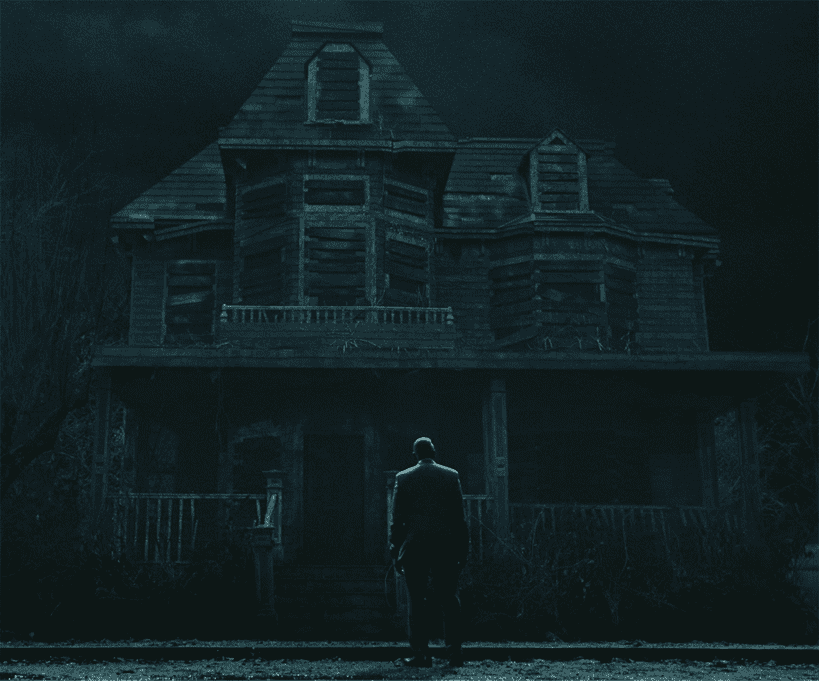Horror adaptations have always fallen short with many steering off the source materials, becoming a stale, uninspiring piece of entertainment. However, Mike Flanagan’s “The Fall of the House of Usher” not only exceeds expectation with its engaging episodes, but manages to become a sensational adaptation with many enticing elements that honor the late father of gothic romanticism.
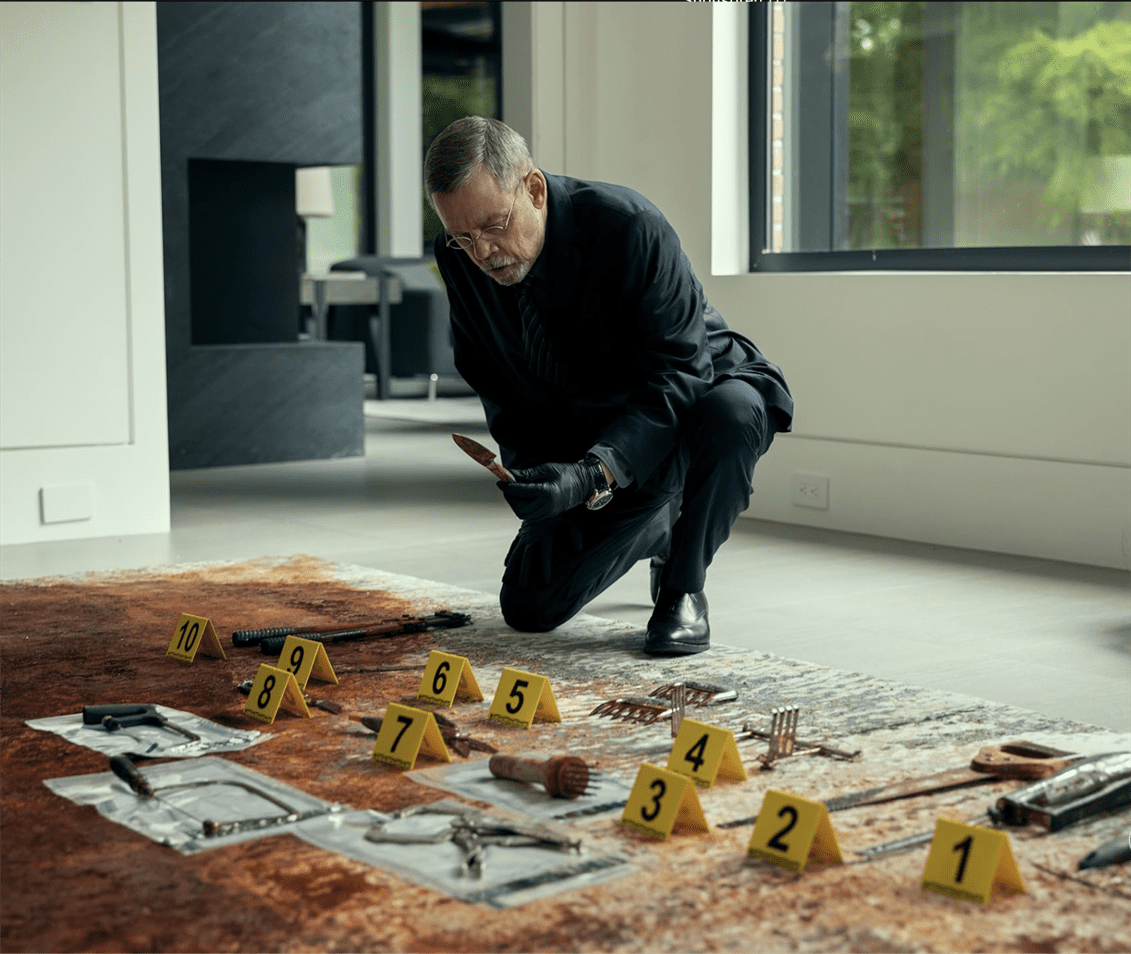
Flanagan does not cut back on any gruesome details that contribute to the series' overall identity. Photo courtesy of Netflix
The limited series, adapted loosely from a collection of Edger Allen Poe’s famous contemporaries, follows the fallout of the Usher family—a patriarchal empire that runs an opioid operation under its company’s name, Fortunato Pharmaceuticals. The family becomes famous in the public eyes as they are put on trial for the killing thousands of people due to false advertising and misguided information.
The corrupted chief executive officer (CEO), Roderick Usher, played by Bruce Greenwood, along with his ambitious twin sister, Madeline, played by Mary McDonnell—the chief of operations (COO), soon face their consequences from the past as Roderick’s empire begins to crumble and his children—Prospero “Perry” (Sauriyan Sapkota), a young aspiring entrepreneur, Camille L’Espanaye, played by Kate Siegel, a vicious public relation chief, Napoleon “Leo” played by Rahul Kohli, an obsessive video game publisher, Victorine LaFourcade, played by T’Nia Miller, an ambitious heart surgeon, Tamerlane, played by Samantha Sloyan, a cut-throat business woman and Frederick, played by Henry Thomas, an unstable heir to the company—start to die off in mysterious and brutal ways.
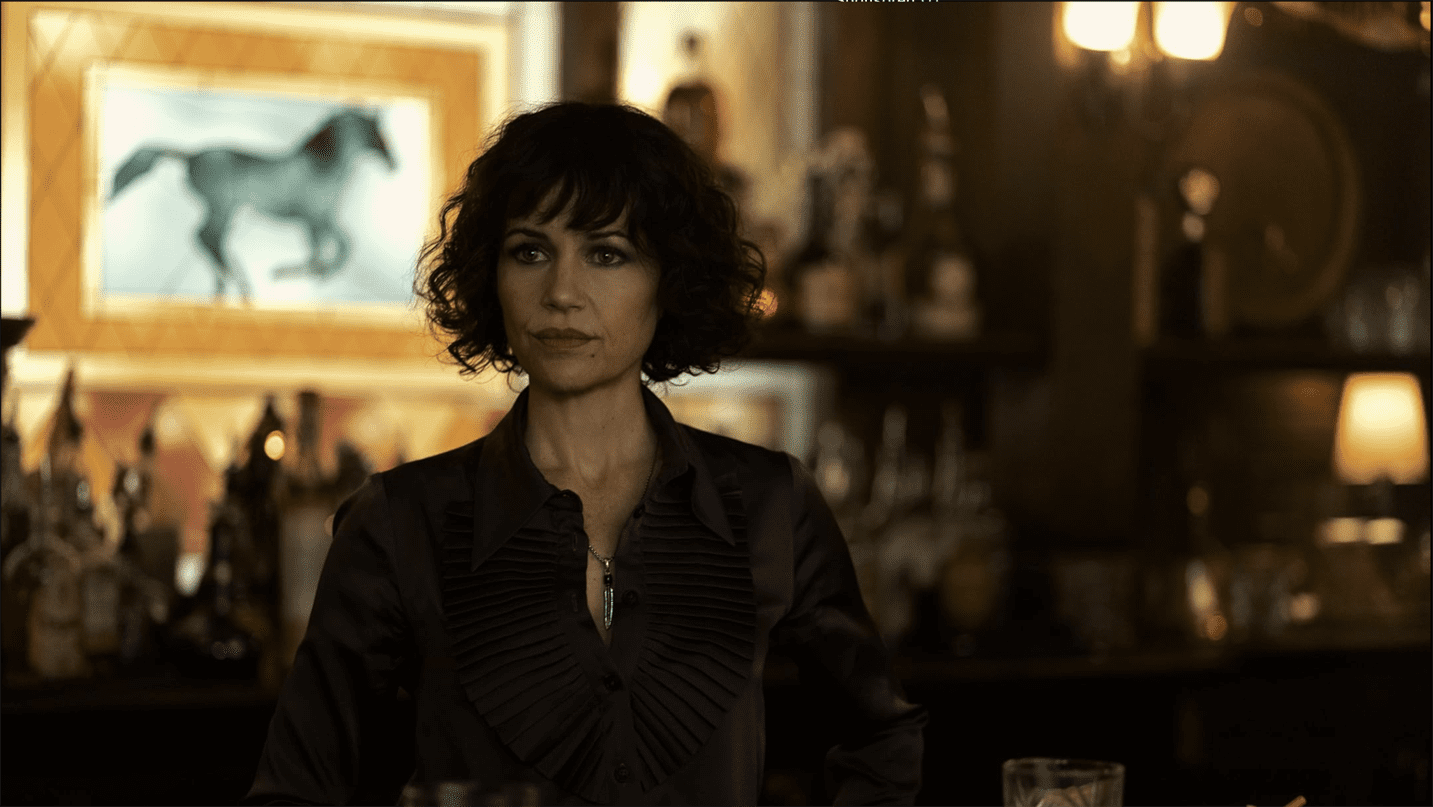
Carla Gugino steals the show with her ominous presence, injecting fears into the viewers. Photo courtesy of Netflix
Comparing to other horror adaptations, the series manages to bring out the best of its source materials without compromising for time. By having the story in an episodic format, Flanagan details his characters with careful precisions, constructing a clear identity for each of the family members—including those that have a smaller role. With his exceptional vision and direction, Flanagan exceptionally builds up an enviable ending for each of the Ushers that feels so gruesome, yet thought-provoking.
As the title entails, Flanagan assures that Poe’s works are covered with many references to his famous stories, ranging from “The Gold-Bug” to “The Raven.” Of course, another appreciate, honoring detail from Flanagan is the names of the episodes—they are titles of Poe’s body of works. Beyond the titles, Flanagan draws the characters’ names from these stories as well—an appreciate thought from the writer/director.
Flanagan assures that the storyline assimilates the structure and the themes of Poe’s works within each of its contained episode, reflecting on the chapter’s title, yet each tale contributes to the series’ overall gothic identity. Flanagan’s masterful writing does not disappoint when it comes to plotting and dialogues—effective and spellbinding. There are moments where the language becomes poetic and profound as if they are written by Poe himself.
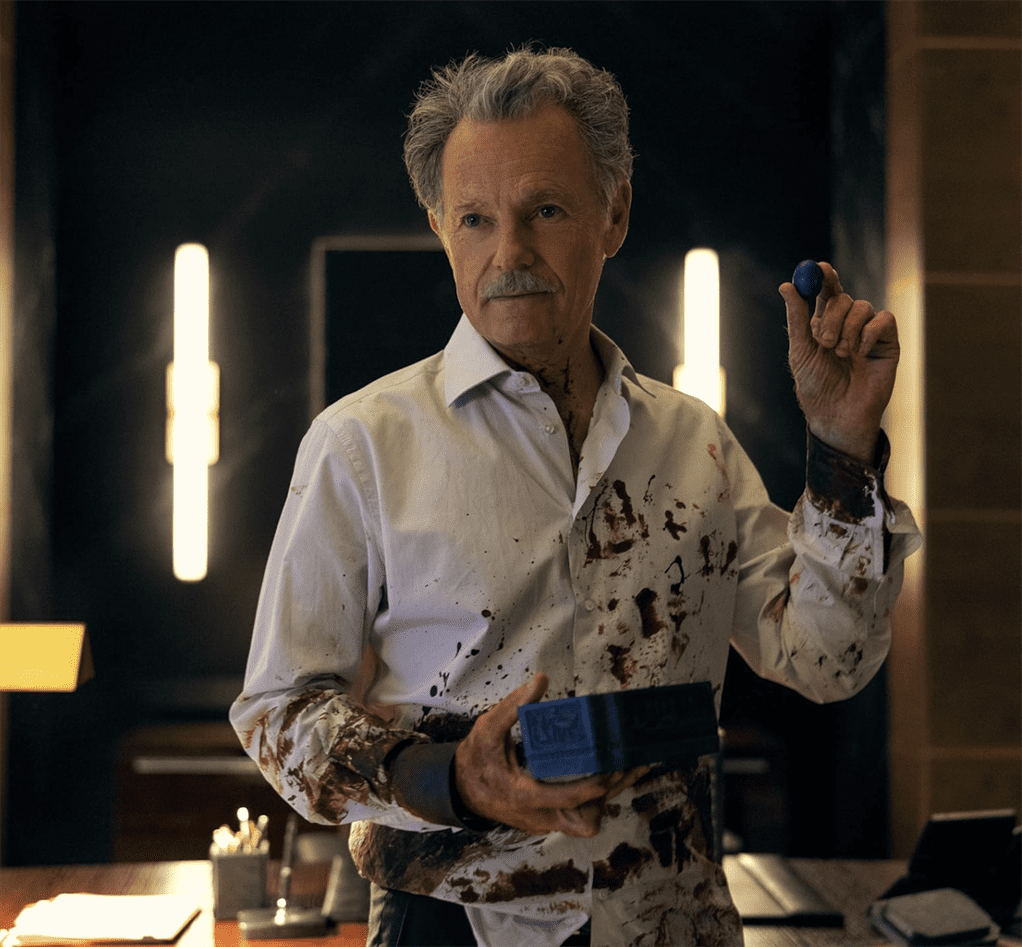
All the characters are enticing as well as despicable--truly entertaining to watch. Photo courtesy of Netflix
Flanagan also injects a certain style into his craft—dazzling imageries and visual cues that define his horror genre, yet maintaining Poe’s gothic nature. Every second, every moment, Flanagan delivers a sense of comical dread. However, he still pushes the details to be as gruesome as possible.
Of course, the series could have not worked without its outstanding talents of which including beloved veterans Mark Hamill who plays Arthur Pym—a chilling bodyguard for the Usher family, and Carla Gugino who plays Verna—a mysterious figure that somehow involved in the family’s deaths. The cast amazingly brings their best to the table, including returning players from Flanagan’s previous works.
Everyone plays their roles exceptionally, embodying a persona that is despicable as well as realistic. However, Gugino rises above all with her infectious, deadly presence—numerous moments where she becomes memorable with deliveries that deems powerful and godly. Granted, she is this puzzling being that walks through these deaths, but Gugino pulls it off gracefully, instilling a terrifying sense to the viewers.
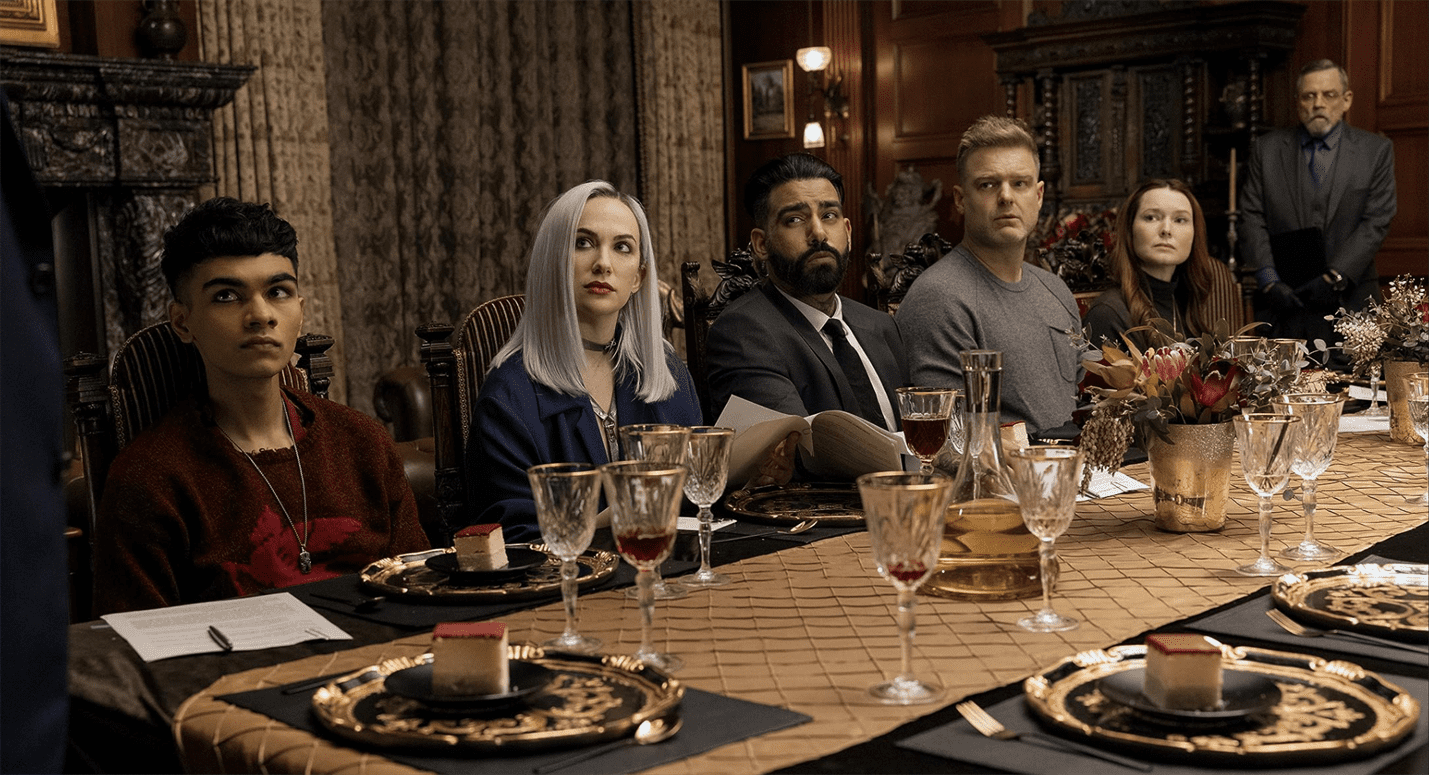
The talented cast embodies the amazing works of Edger Allen Poe. Courtesy of Netflix.
Beside Gugino, Hamill does have a scene with Verna near the end of the series that speaks of his talent’s range, shifting from thrillingly cold to emotionally dramatic. Between the sharp writing and the committed cast, the series propels itself to a new height of sensational horror.
With only eight chapters, Flanagan does not slim back on any gory details that contribute to the overall story arc—all the over-the-top fatalities somehow reflect the characters’ behaviors and identity, leaving the viewers both frightful and satisfying.
Truly, Flanagan’s “The Fall of the House of Usher” singularly proves that horror adaptations can still be ambitious and horrifyingly entertaining when given the right treatment, bringing the source materials to life while giving great honor to the creator.

